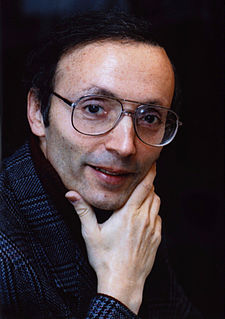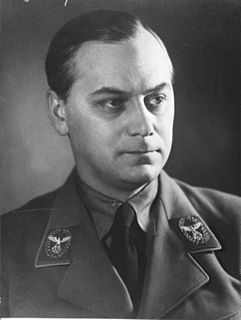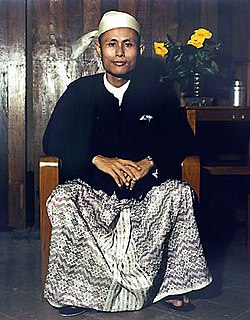A Quote by Mark Waid
Heroism is heroism, regardless of the timeframe or the backdrop.
Quote Topics
Related Quotes
On the other hand, heroism is basic to the character of the Nordic peoples. This heroism of the ancient mythic period and this is what is decisive has never been lost, despite times of decline, so long as the Nordic blood was still alive. Heroism, in fact, took many forms, from the warrior nobility of Siegfried or Hercules to the intellectual nobility of Copernicus and Leonardo , the religious nobility of Eckehart and Lagarde, or the political nobility of Frederick the Great and Bismarck , and its substance has remained the same.
Few of us will do the spectacular deeds of heroism that spread themselves across the pages of our newspapers in big black headlines. But we can all be heroic in the little things of everyday life. We can do the helpful things, say the kind words, meet our difficulties with courage and high hearts, stand up for the right when the cost is high, keep our word even though it means sacrifice, be a giver instead of a destroyer. Often this quiet, humble heroism is the greatest heroism of all.
I am well aware that there is such a great craving in man for heroism and the heroic, and that hero worship forms not a small motif in his complex. I am also aware that, unless man believes in his own heroism and the heroism of others, he cannot achieve much or great things. We must, however, take proper care that we do not make a fetish of this cult of hero-worship, for then we will turn ourselves into votaries of false gods and prophets.






































